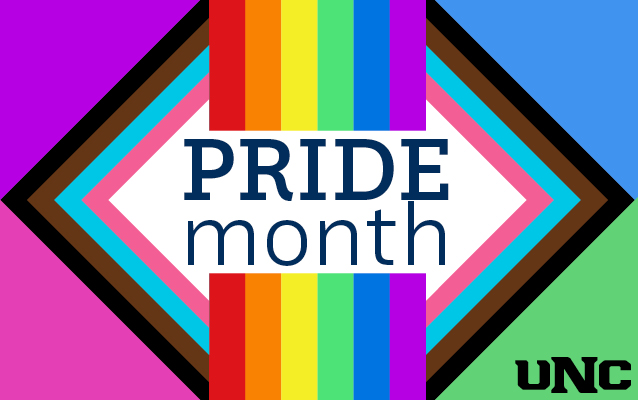Celebrated annually during the month of June, LGBTQ+ Pride Month is recognized in the United States as well as around the globe. The first organized demonstrations of Gay Pride took place in June 1970 in New York, Los Angeles, and San Francisco in commemoration of the riots that took place at the Stonewall Inn in June of 1969 in New York. LGBTQ+ Pride month provides a time to recognize and celebrate the progress that so many across the country have worked toward in support of LGBTQ+ rightsand, in some countries and even some US cities, the demonstrations are a continued campaign for equal rights. LGBTQ+ Pride month is also a time to remember members of the LGBTQ+ community who were victims of hate crimes and HIV/AIDS.
Pride Month is recognized and celebrated in many ways across the nation including educational opportunities, pride parades, and many other events. Denver Pride will be celebrated June 25-26 and will offer live and in-person events including the Denver Pride 5K and Pride Parade. There are many versions of pride flags, with the first being the rainbow flag, designed by Gilbert Baker in 1978. The Gender and Sexuality Resource Center (GSRC) displays several different pride flags and provides descriptions and history of many on their website for a better understanding of the various flags. Each of the six colors included in the rainbow flag have a particular meaning and include life, healing, sunlight, nature, harmony, and spirit.
In 2021, President Biden issued an executive order on Preventing and Combating Discrimination on the Basis of Gender Identity or Sexual Orientation. This order essentially guaranteed that federal agencies would be required to uphold Supreme Court precedent and federal law prohibiting discrimination on the basis of gender identity or sexual orientation. Additionally, President Biden repealed the transgender military ban enacted by the Trump administration. Unfortunately, 2021 also saw over 100 anti-LGBTQ laws proposed in 35 states across the country, the most ever passed during a legislative session. The majority of these bills focused on trans youth and included bans on medical care and participation in school sports as well as making it difficult for trans people to get an accurate state ID. While the work has been difficult, there have been great strides made in many aspects of LGBTQ+ rights, and there is still much work to be done in advocating for transgender rights.
Take Action:
- Denver Pride
- The Gay & Lesbian Alliance Against Defamation (GLAAD)
- Eventbrite: Introduction to Gender Pronouns
- Eventbrite: Be Bold, Be Proud, Be You!
For additional education and personal development related to diversity, equity and inclusion, the following resources are available: DEI Education and Resources, DEI & Antiracism Resources from the UNC Libraries, the Education Equity Toolkit from the Colorado Department of Higher Education, and the UNITE workshops for faculty, staff, and students.


